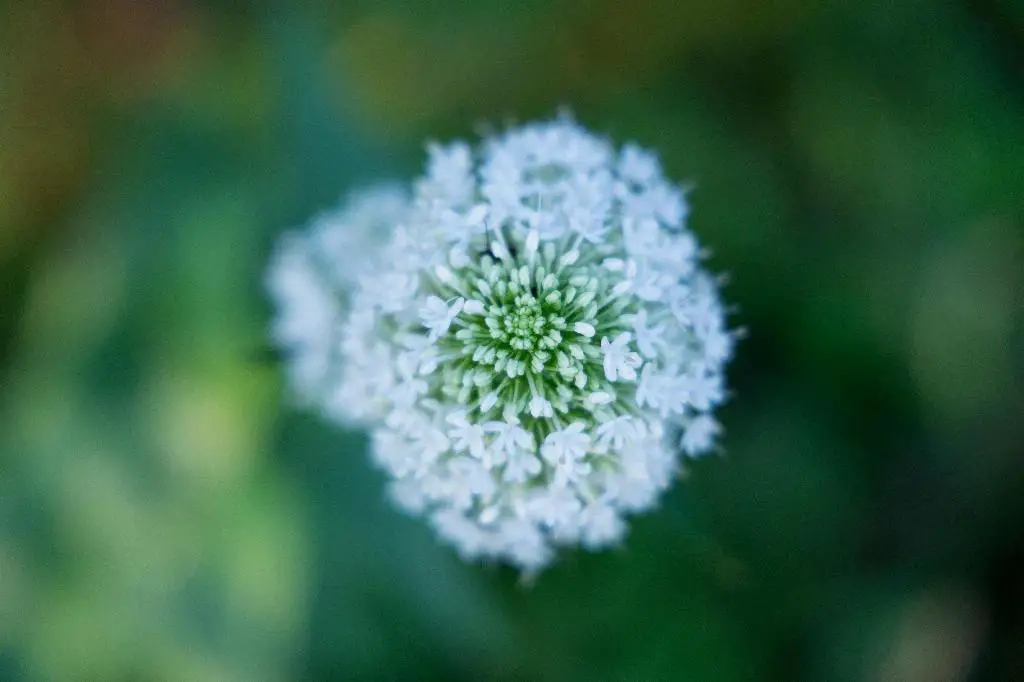Allium is a genus of flowering plants that includes a wide variety of species, many of which are commonly used in cooking for their unique flavors. These plants belong to the Amaryllidaceae family and are known for their characteristic bulbs and long, slender leaves. Allium plants are valued not only for their culinary uses but also for their ornamental qualities, with some varieties producing colorful flowers that are popular in gardens.
Types of Edible Allium Plants
There are several types of edible allium plants that are commonly used in cooking. Onions (Allium cepa) and garlic are perhaps the most well-known, but other varieties such as shallots (Allium cepa Aggregatum Group), leeks, chives (Allium schoenoprasum), and wild garlic (Allium ursinum) are also popular choices. Each type of allium plant has its own unique flavor profile, making them versatile additions to a wide range of dishes.
Nutritional Benefits of Allium
Edible allium plants are not only valued for their flavors but also for their nutritional benefits. They are rich in essential nutrients such as vitamins C and K, as well as various minerals like manganese and potassium. Allium plants also contain sulfur compounds that have been linked to potential health benefits, such as reducing inflammation and supporting the immune system.
Culinary Uses of Allium
Allium plants are widely used in cooking for their distinctive flavors and aromas. Onions and garlic are staple ingredients in many cuisines around the world, adding depth and complexity to soups, stews, sauces, and more. Chives and wild garlic are popular herbs that can be used as garnishes or flavorings in salads, omelets, and other dishes.
Health Benefits of Consuming Allium
In addition to their culinary uses, edible allium plants have been associated with various health benefits. Studies suggest that regular consumption of allium vegetables may help lower blood pressure, improve heart health, and reduce the risk of certain types of cancer. The sulfur compounds found in allium plants have also been linked to antioxidant and anti-inflammatory effects.
Precautions and Considerations When Eating Allium
While allium plants offer numerous nutritional and culinary benefits, it’s important to note that some people may experience digestive issues or allergic reactions when consuming them. Individuals with sensitivities to allium plants should exercise caution and consult with a healthcare provider if necessary. Additionally, excessive consumption of garlic or onions may lead to unpleasant breath or digestive discomfort in some individuals.

Conclusion
Overall, allium plants are versatile and flavorful additions to a healthy diet, offering a wide range of culinary and nutritional benefits. Whether you’re cooking with onions, garlic, chives, or other types of allium plants, incorporating these ingredients into your meals can enhance both the taste and health properties of your dishes.
